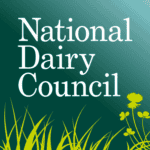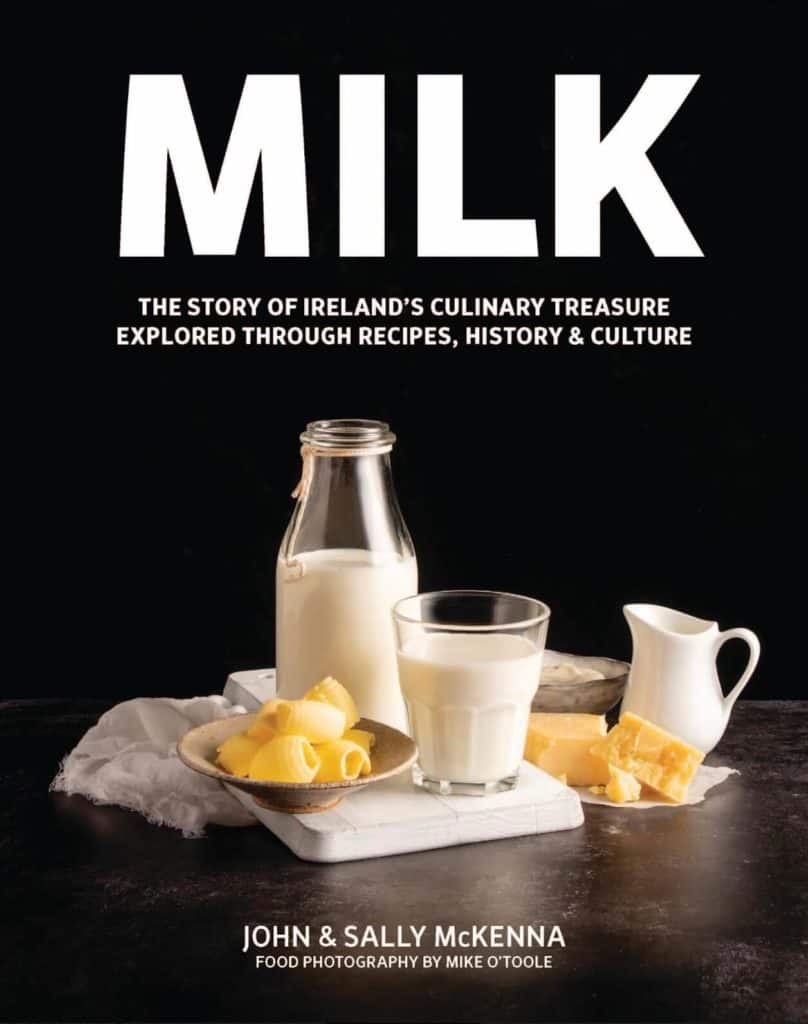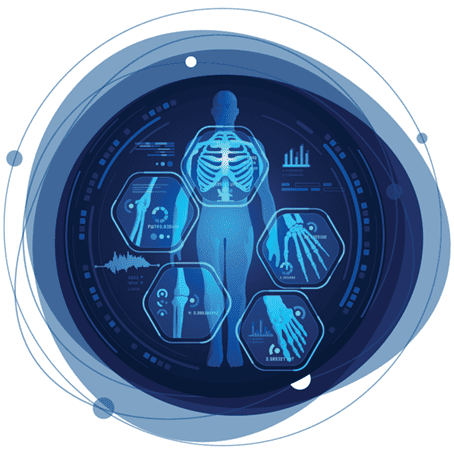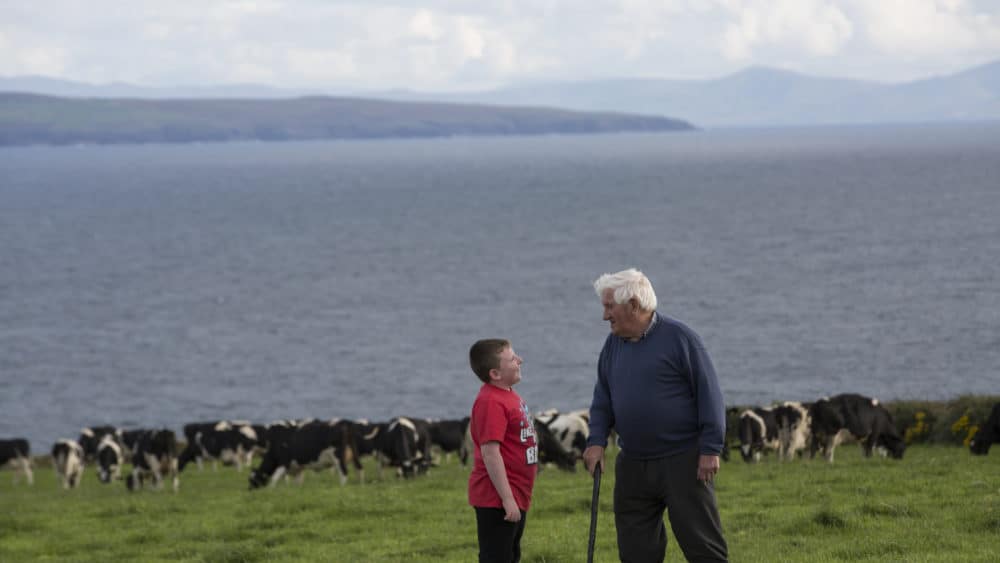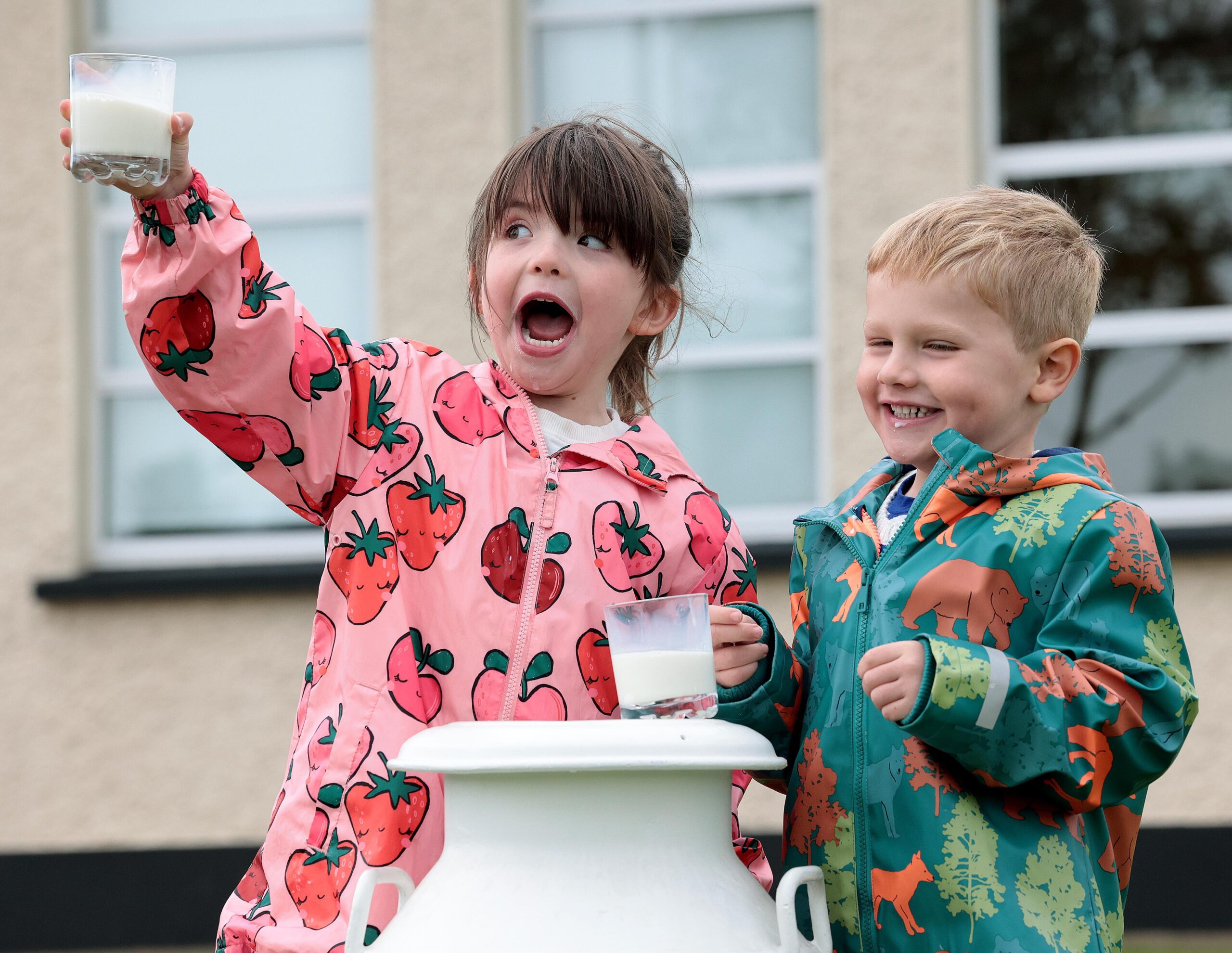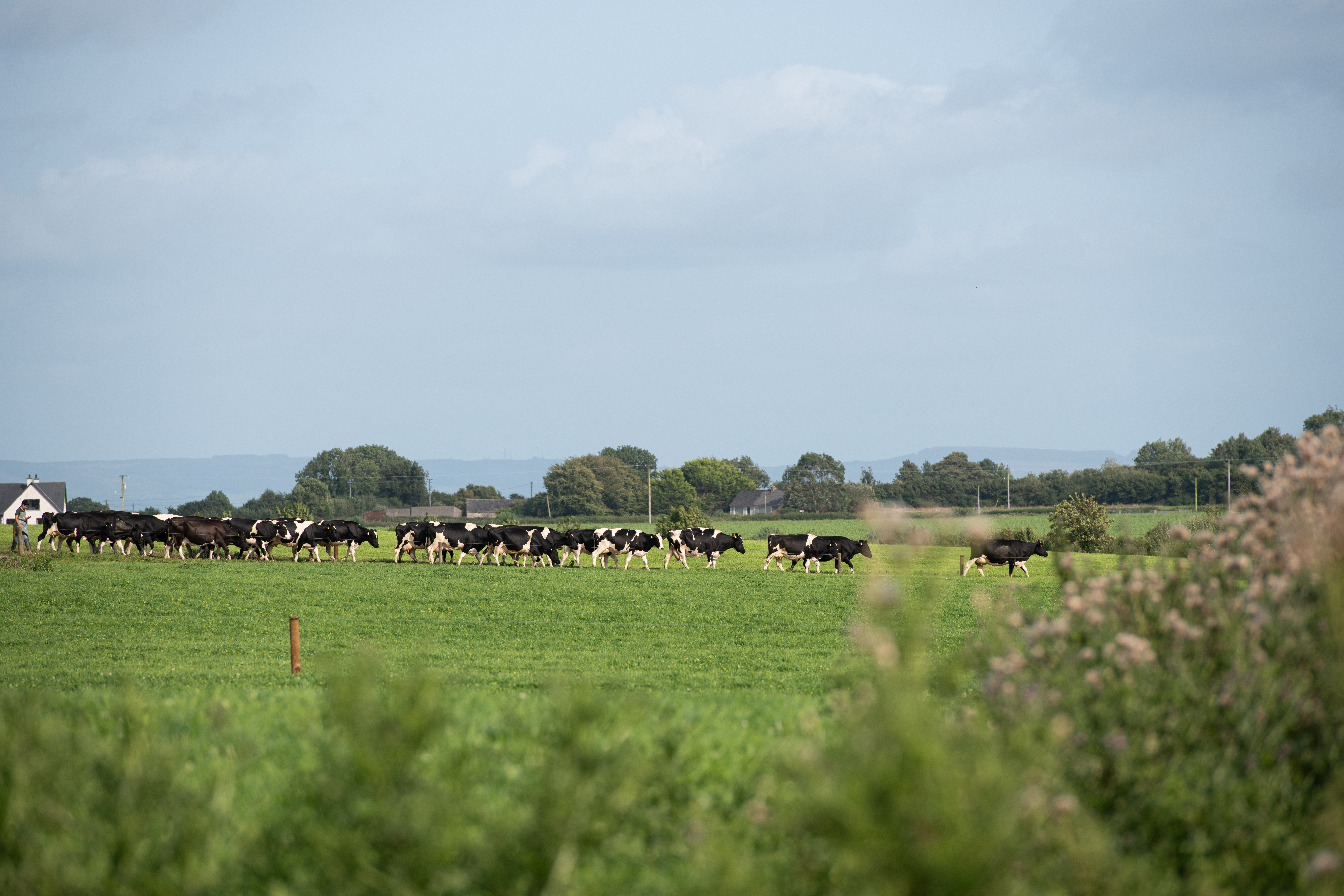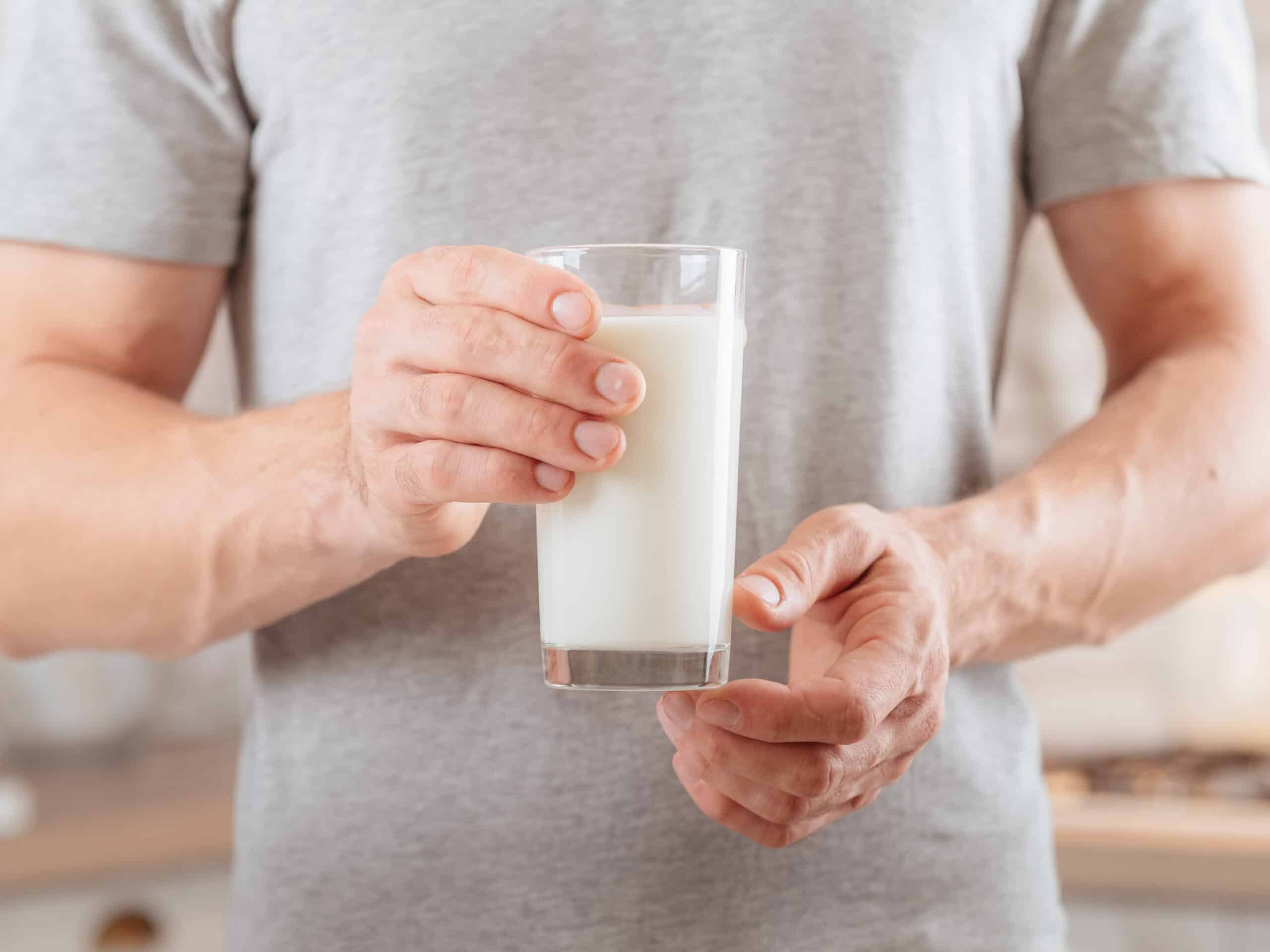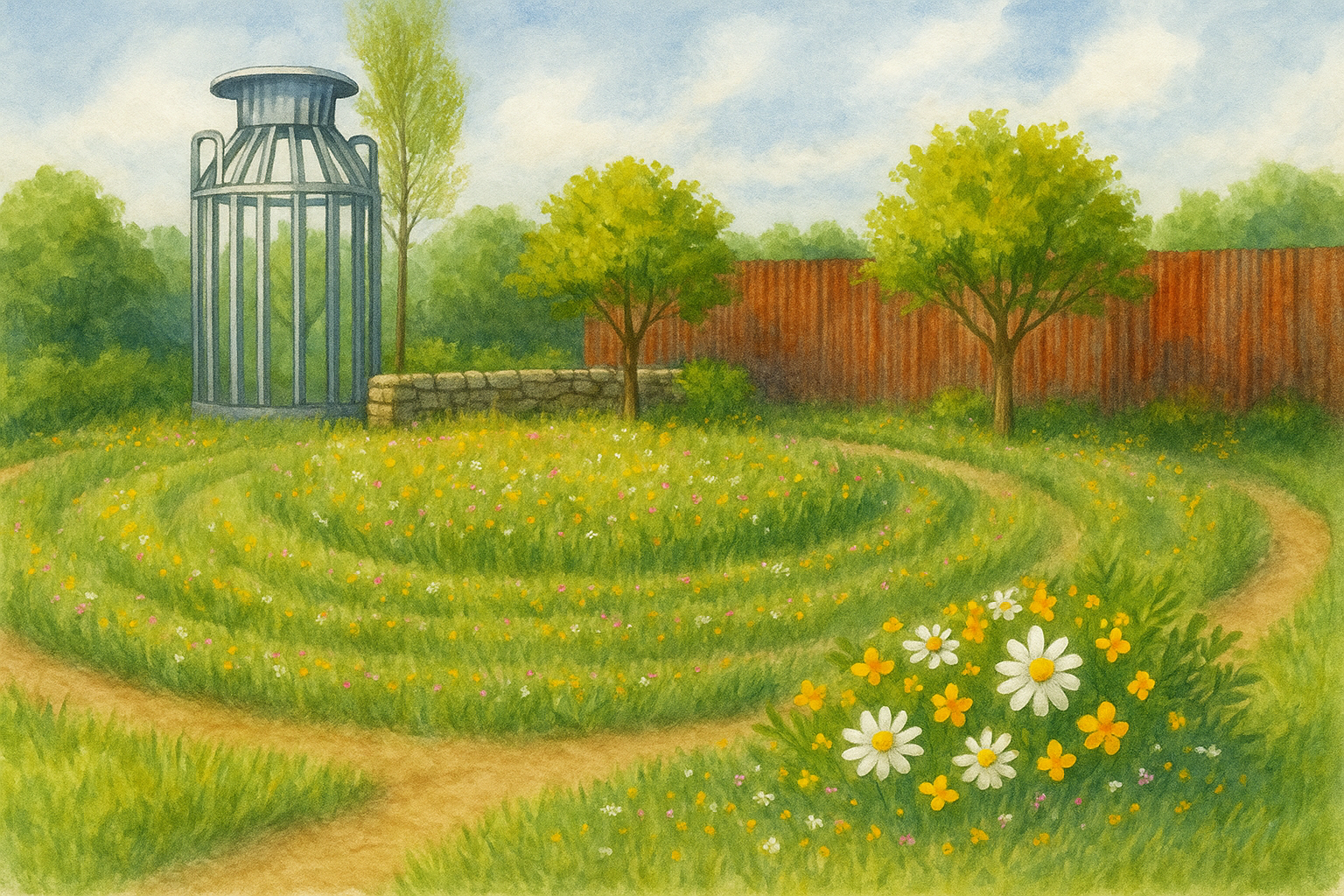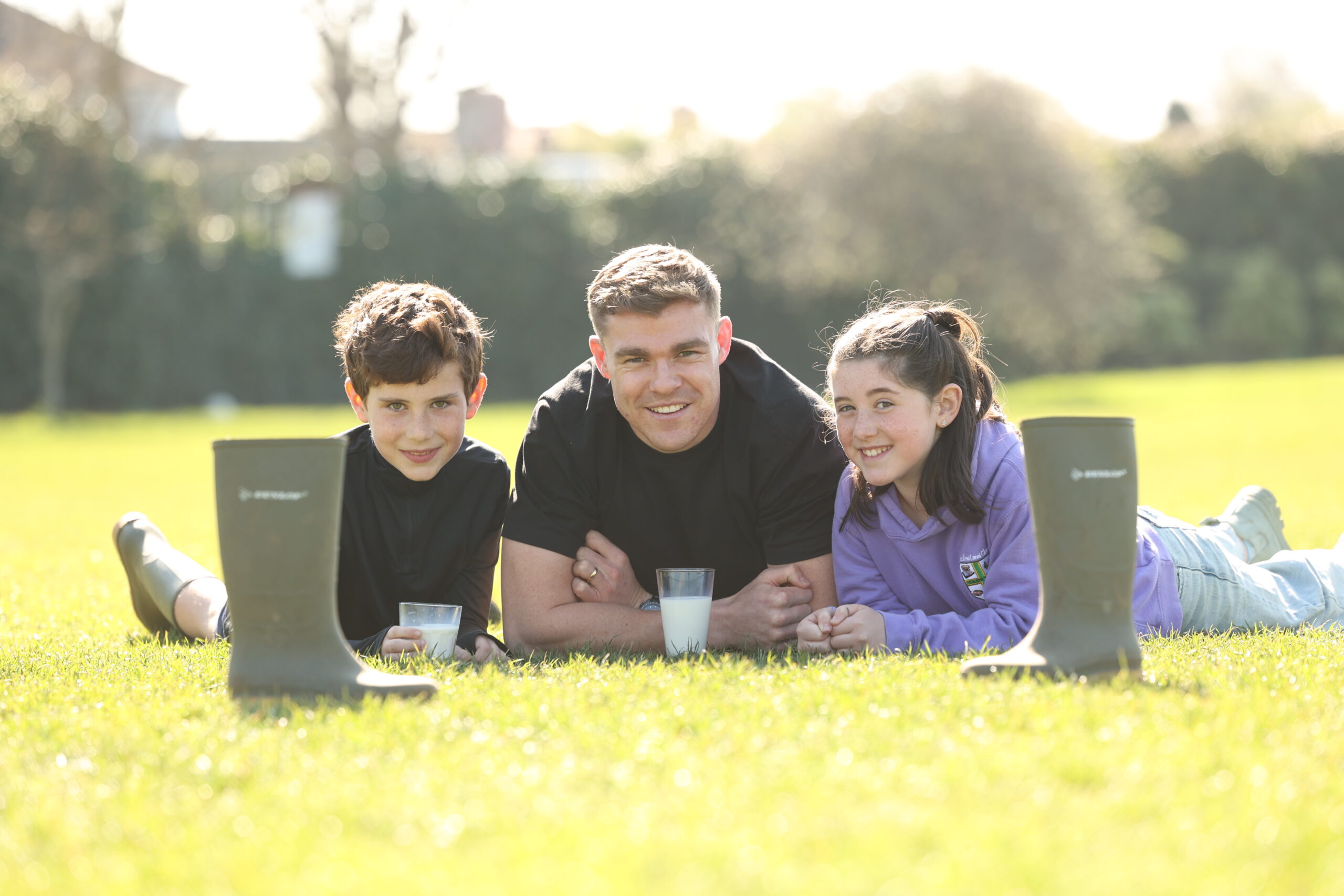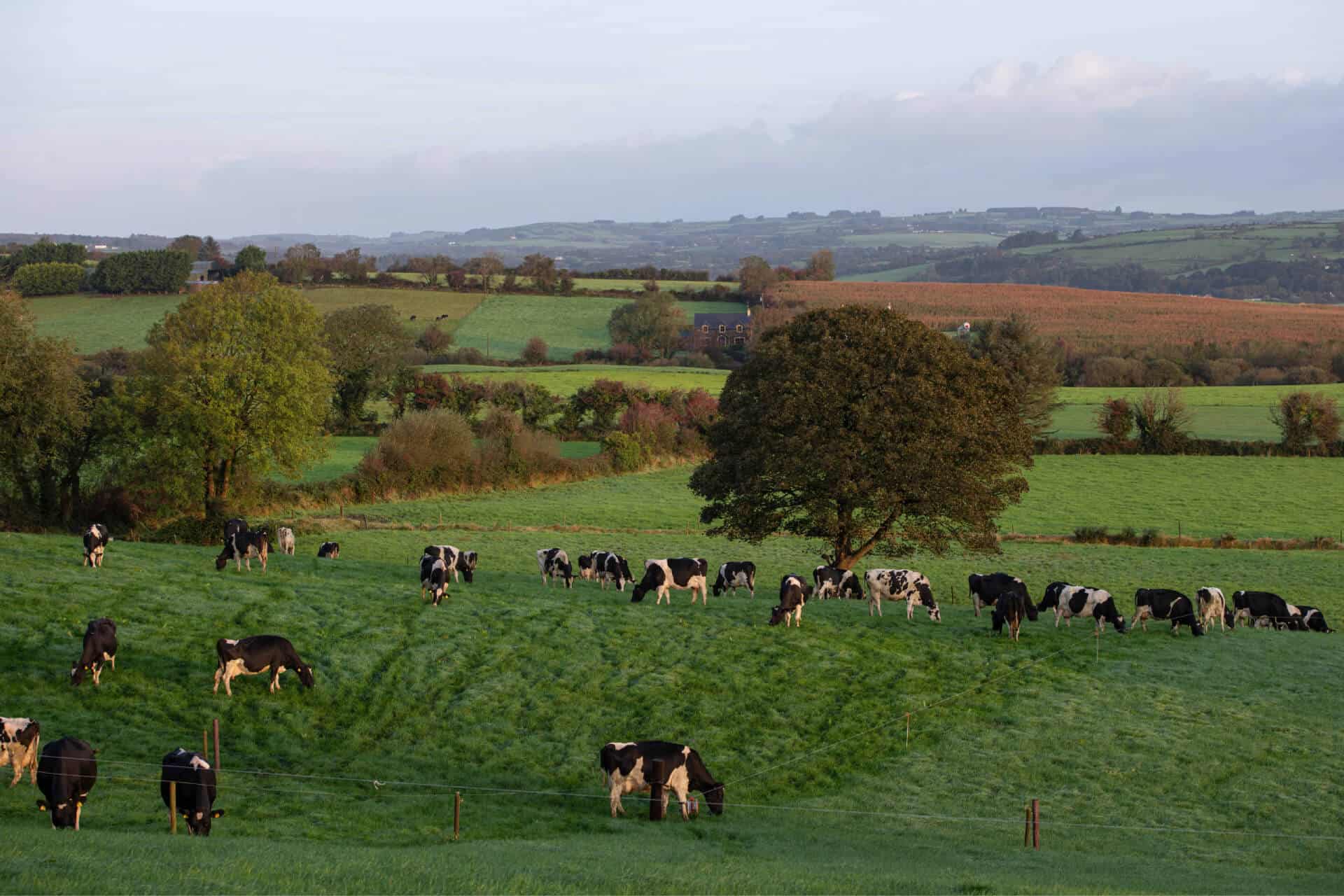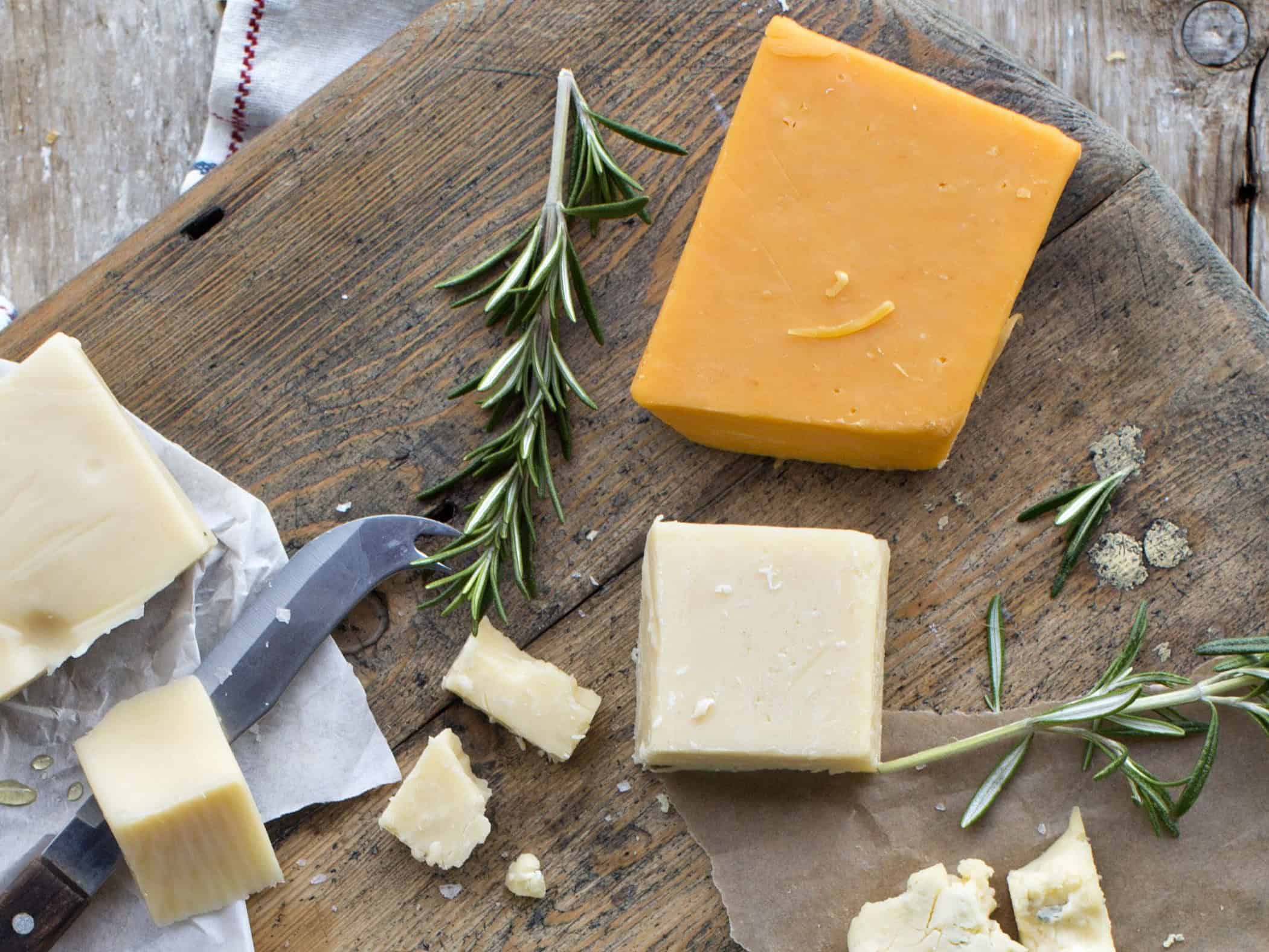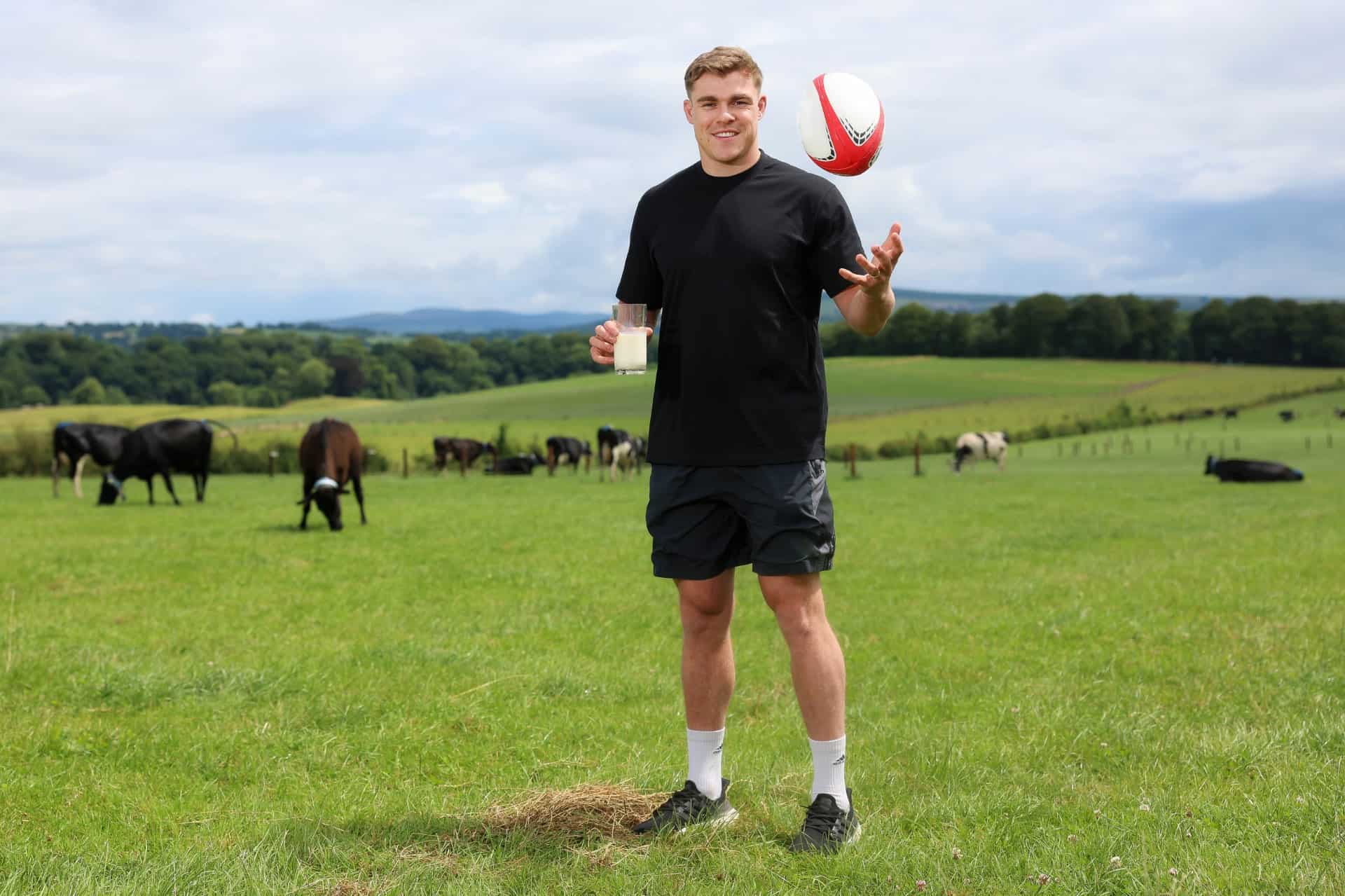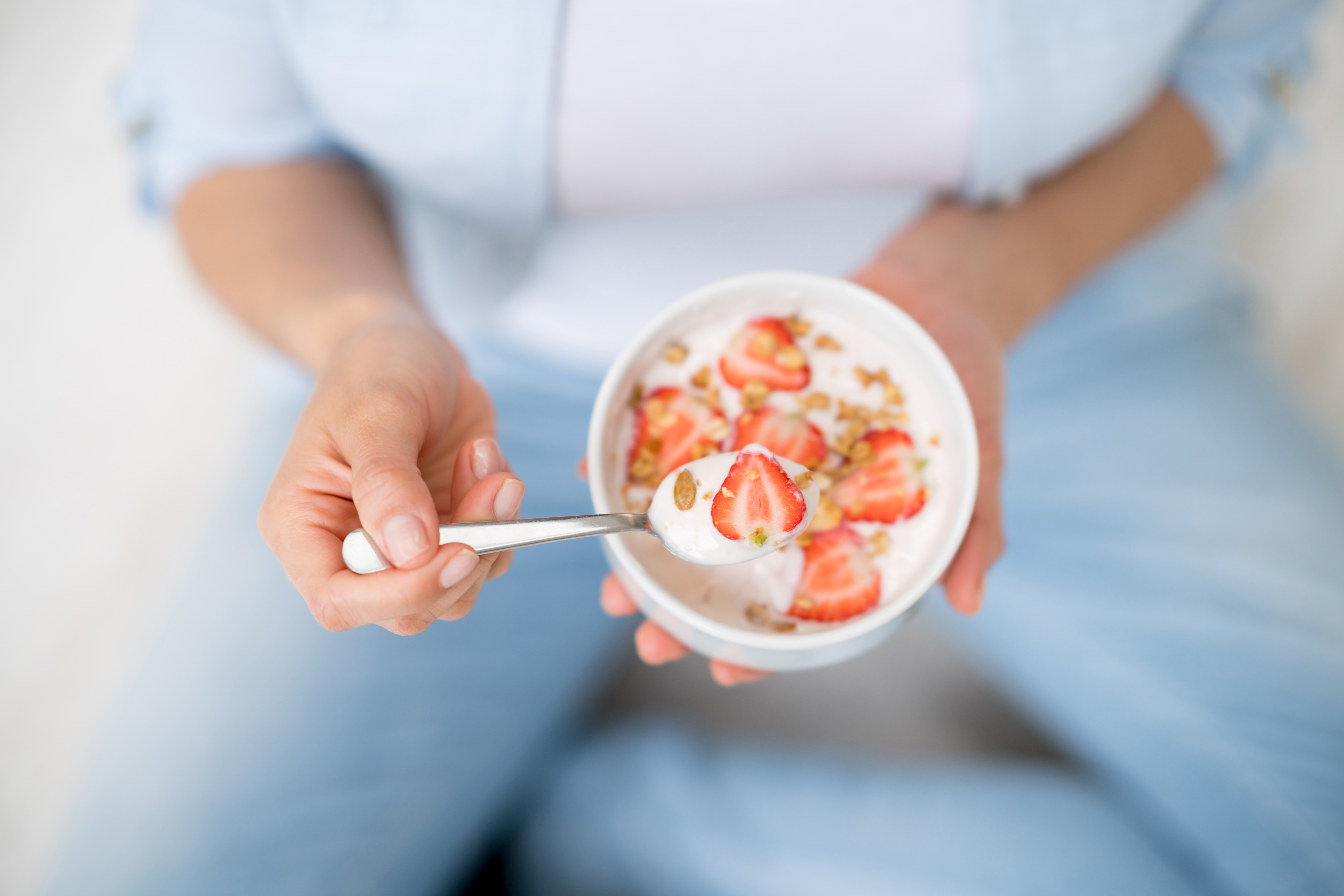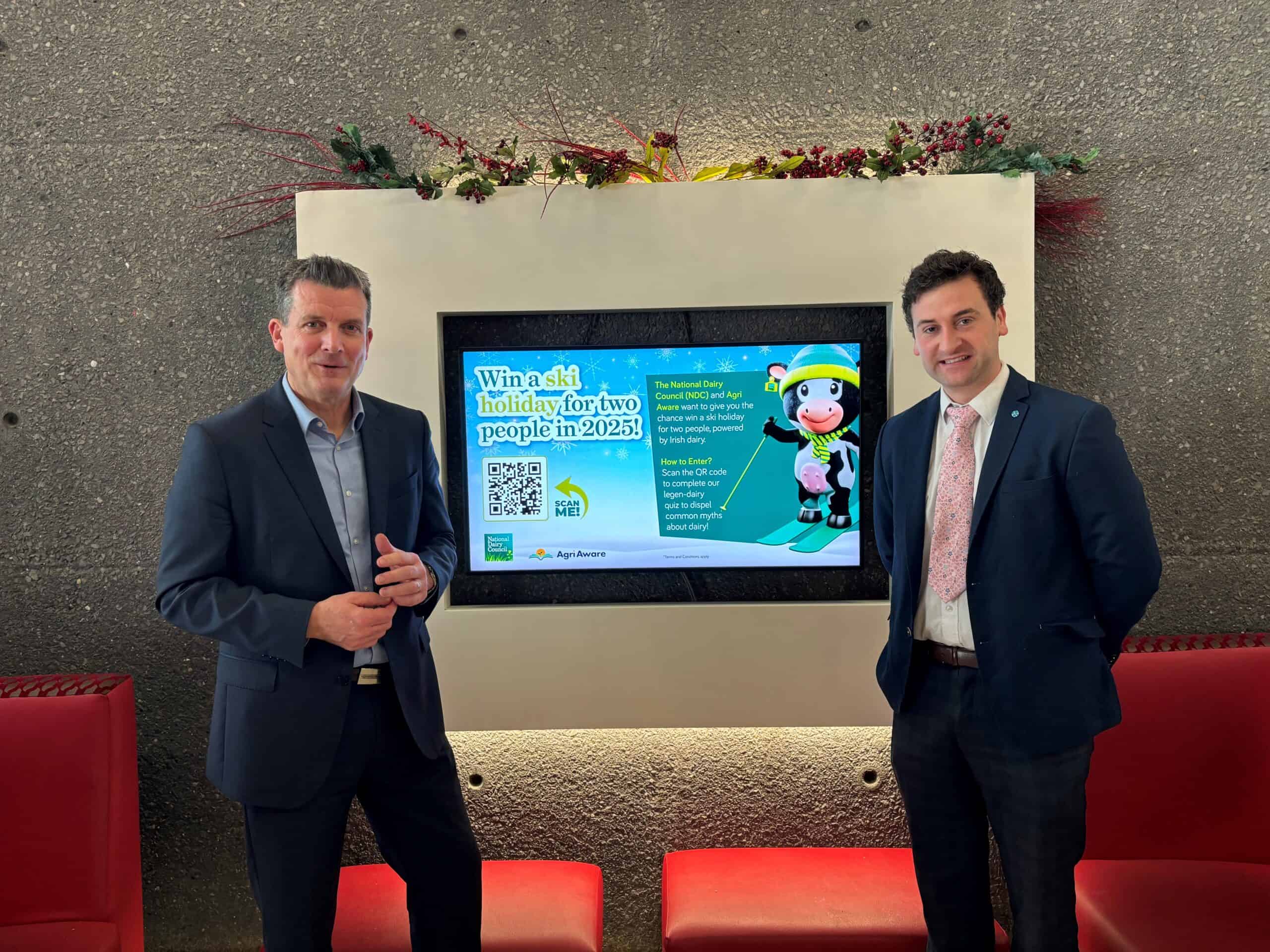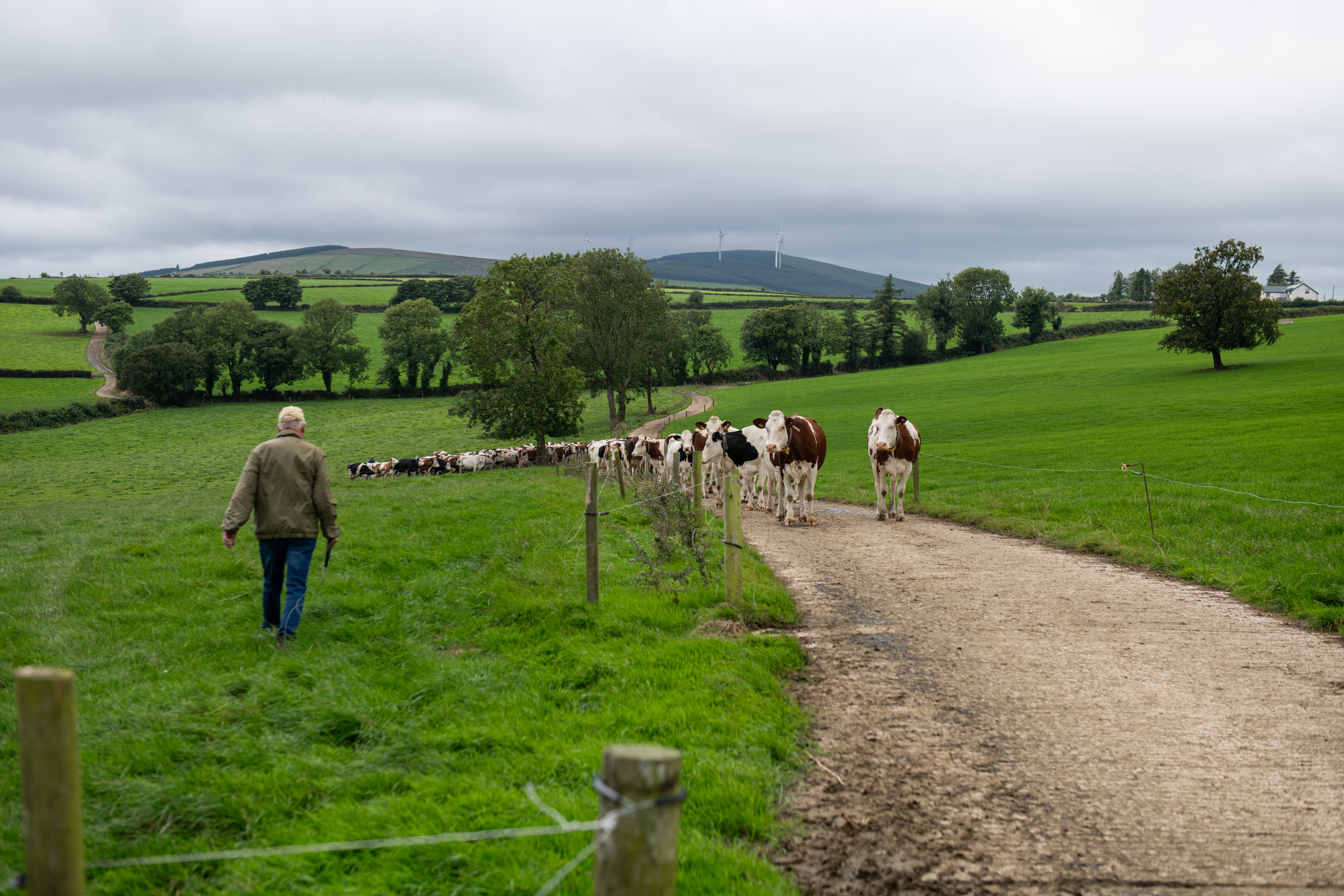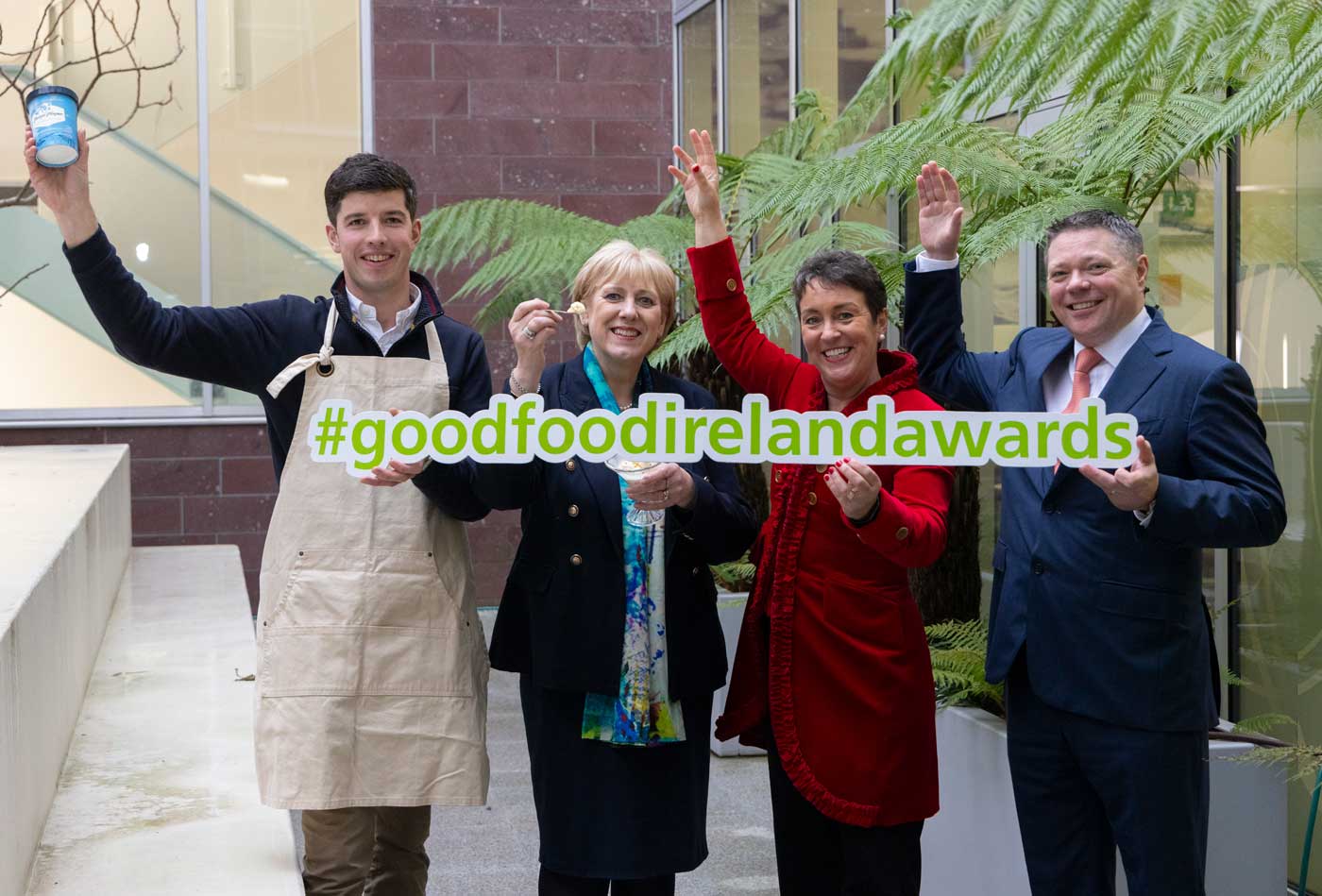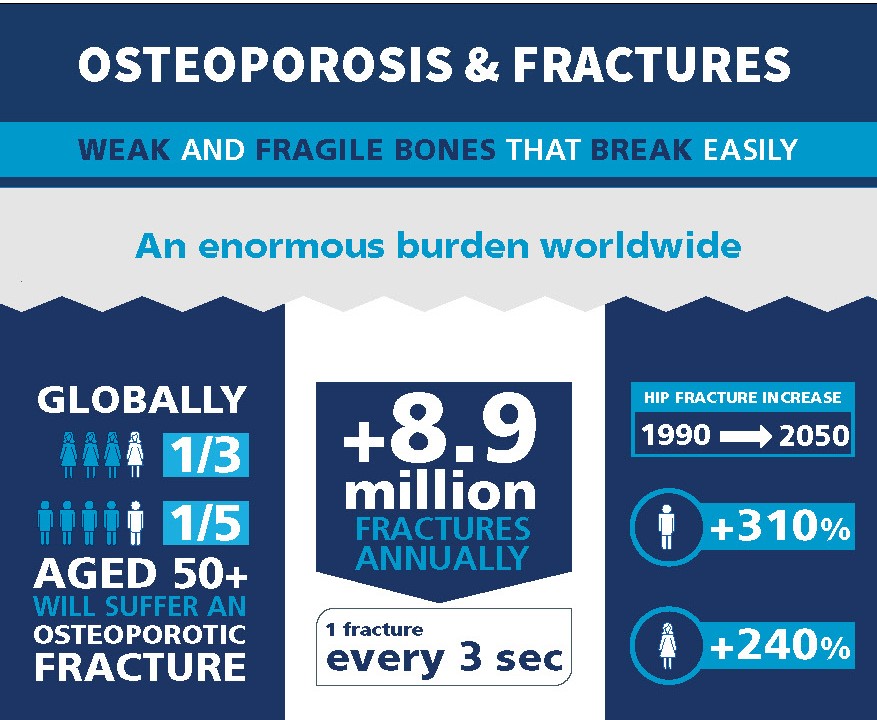While many of us may be feeling a little anxious at this unprecedented time, being safe and supporting good health is particularly important for the older or vulnerable people in our community. Staying at home, eating alone or having reduced access to fresh groceries all add an extra challenge for those trying to maintain a healthy diet under these unusual circumstances. However, we are here to help you through with top nutrition tips, delicious recipes to keep fuelled and key insights from leading Clinical Psychologist, Shane Martin.
Supporting strength with good nutrition
While some people have specific nutrition requirements and need to follow individual advice from their clinician, a balanced diet is the best approach most of us can take in eating to support good health. Nutrients such as vitamin A, vitamin B12, vitamin C, vitamin D, iron, folate, selenium and zinc all contribute to the normal function of our immune system and they can be found in simple, everyday foods. Making sure that we include the major food groups across meals and snacks will increase the variety of these important vitamins and minerals that our body needs. Fruit, vegetables and wholegrains all provide fibre and carbohydrate, which is an important energy provider. Milk, dairy foods, lean meat, poultry, fish, eggs, beans and nuts are excellent sources of protein, which is needed to build and repair tissues in the body.
7 Top tips:
- Stock up – When cooking, make extra servings which can be frozen as individual meals for a later date. As there has been a surge in home cooking, it is the perfect time to try out new recipes or make a nutritious dish for delivery to a loved one.
- Think ahead – At this time, some people in our community will need to limit or avoid trips to the shop. Writing a shopping list and checking cupboards for supplies of long-lasting foods such as rice, pasta, tinned fish, beans and chopped tomatoes, will help to prevent food shortages for those staying at home.
- Don’t forget: 3 a day – Dairy products, such as milk yogurt and cheese are versatile and make a nutritious addition to meals and snacks. The Department of Health recommend 3 servings each day. Examples of one serving includes a 200ml glass of milk, 125g pot of yogurt or 25g of cheese. Dairy foods provide protein, calcium, vitamin A, B vitamins, phosphorus, potassium, iodine and zinc. Milk can be used as a base to soups, sauces and hot or cold drinks and can be frozen for up to 6 weeks, without altering its nutritional value or flavour.
- Make use of preserved foods:Stewed, tinned, dried or frozen fruit and vegetables have a longer shelf life and make a convenient contribution towards the recommended 5-7 daily servings of this food group.
- Little and often – For those with a loss of appetite or those that reach for food out of boredom or anxiety, creating structure and routine by having meals or snacks around the same time each day will help.
- Stay hydrated – Hydration is important for good health, concentration and alertness. It is advised to consume at least eight glasses of fluid across the day.
- Offer or ask for help – For those that need to stay at home or can’t get to the shops, try grocery shopping online or perhaps a friend/family member can pick up supplies, which can be delivered to the doorstep.
Keeping spirits high through challenging times
Shane Martin C.Psychol.Ps.S.I.
Chartered Psychologist of the Psychological Society of Ireland
We are social creatures. Many studies have shown that a lack of social connection is a greater detriment to health than obesity, smoking and high blood pressure. Social connection strengthens our immune system and helps us recover from disease faster. Some research suggests that it may even lengthen our lives. Humans are innate social creatures. It is an undeniable truth that people need people. In the context of the escalating fears around COVID-19 experts are recommending social distancing to prevent further spread of the virus. This will prove to be the most challenging of all recommendations as its application goes against the essence of who we are as people. We need each other and being social sustains the very relationships that keep us healthy and fulfilled. Younger people can somewhat compensate for the absence of one-to-one contact with peers by utilising technology. However, many older people will be tested. We need to be mindful of our own social interaction and keep a watchful eye on elderly or vulnerable relatives, neighbours and friends. Some of us may be accustomed to degrees of loneliness but social distancing can be a major culture shock, which could lead to increased anxiety. Here are some practical tips for addressing issues that may arise for those in self isolation during the current climate.
Reassurance that physical isolation does not mean social isolation
For those of us that need to self-isolate, it is important to understand that other means of communication can be utilised to the maximum during this period. It is solely physical one-to-one contact that is being discontinued. Family members may no longer be able to enter the home of loved ones, unless in emergency situations. However, we can still chat through the window pane or at the recommended two metre distance outside. We can reassure each other that everyone will be making a bigger effort to speak through all available devices such as the phone, via Skype or Facetime. It is helpful to remember that this will only be necessary until the situation improves. Significant changes to established routines can lead to panic and worry but small gestures such as the daily newspaper being pushed through the letterbox can be a welcome distraction.
Ensuring that essential supplies are available
Not visiting the supermarket or pharmacy further reduces social connectivity but is sadly a necessary precaution. Many of us who have unexpected time on our hands will welcome new tasks and can collect shopping or prescriptions for those who need to stay at home. Alternatively, those with computer knowhow may be able to guide others through the process of making the order online. Local volunteer groups are also available to help those in need and your local volunteer centre can be found through this link. Alone and Making Connections are providing additional support to older people at this time. Given the vulnerability of older people or those with an underlying condition, it may be a good idea to have access to several weeks supply of necessary medications. The feasibility or need for this should be discussed with the GP.
Using FaceTime or Skype
If an older person can use these or similar apps on their mobile phone, laptop or computer it will prove very helpful in maintaining regular contact with family. It will be uplifting to see grandchildren on the screen and children likewise will benefit from the experience. Grandchildren can plan virtual concerts where they can sing, act and dance. Grandparents or isolated family members can tell bedtime stories or entertain with tales and words of wisdom. This use of video connection should be utilised for any birthday celebrations that occur during the social distancing phase. We can stagger such communication during each day and develop a routine around who makes contact at specific times and avoid bombardment for those that are also accustomed to being in their own company. Neighbours should call on the elderly who live nearby and make regular contact as some may have no family or close friends.
Collection of pensions or other benefits
Those who are worried about collecting pensions or benefits can also use the option of nominating a temporary agent who can fill out a form and collect the payment for them. Alternatively, for those that cannot collect a payment, it will be held in the post office, as the six-week holding period has been temporarily lifted during the Covid-19 pandemic. Bills can be paid or discussed over the phone or online, where necessary.
Social distancing does not mean being housebound
Those confined to home can still use their garden, balcony, polytunnel or shed. In fact, it is very important to continue pursuing hobbies or pastimes. It is also vital to exercise daily even if this means walking around the yard rather than down the town. Depending on where a person lives, some may still be able to go for a stroll or bring their dog for a walk but need to know that they must keep an unnatural distance from others that they may meet.
Social distancing may leave many people facing a greater degree of loneliness than ever before. We all need to look out for those that are more vulnerable and offer reassurance. A day should not go by without some contact with family or friends during these challenging times.
Stock up and enjoy passing time with these feel-good recipes:
https://ndc.ie/recipe/soda-bread/
https://ndc.ie/recipe/very-tomatoey-mac-n-cheese/
https://ndc.ie/recipe/star-anise-orange-rice-pudding/
Hungry for more? Click HERE for more recipe inspiration!
For futher information contact:
Cathy Currran, Communications Manager, National Dairy Council
+353 1 290 2518 | pr@ndc.ie
For futher information contact:
Cathy Currran, Communications Manager, National Dairy Council
+353 1 290 2518 | pr@ndc.ie
